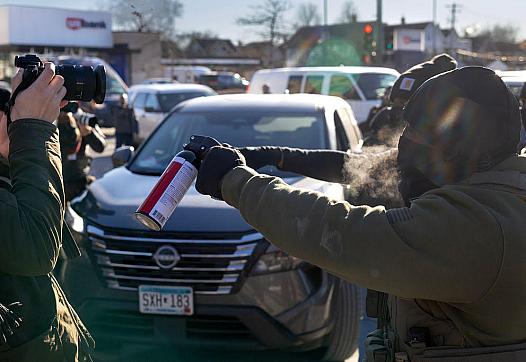
While mounting pressures cut across the profession, they fall heaviest on freelancers, self-employed journalists and those from community and ethnic media.

While mounting pressures cut across the profession, they fall heaviest on freelancers, self-employed journalists and those from community and ethnic media.
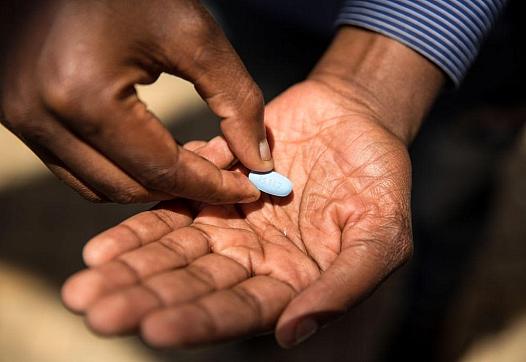
While Black gay and bisexual men experience higher rates of HIV, PrEP remains less accessible to many in this community.
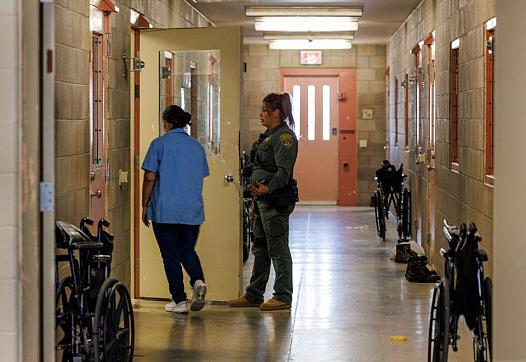
Even in states that require products to be supplied, advocates say uneven rules and lax enforcement leave women scrambling.
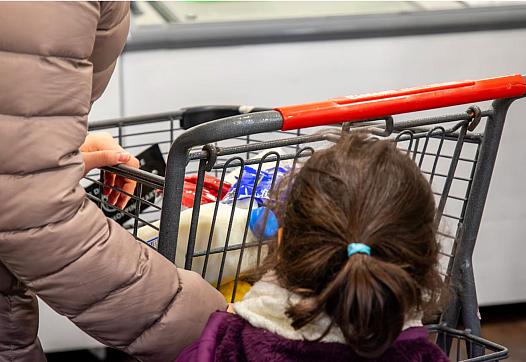
Rising housing costs in Massachusetts are forcing working families to sacrifice food, lose SNAP benefits, and face impossible tradeoffs, pushing many toward food pantries or leaving the state.
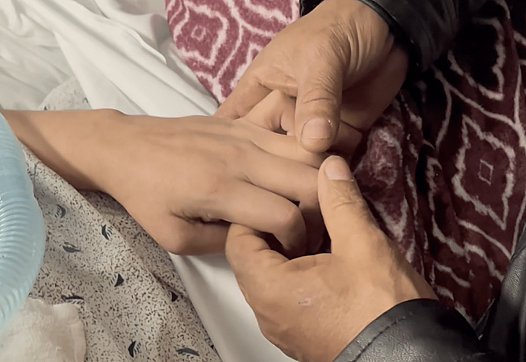
An investigation exposes “medical deportations”: hospitals are transferring seriously ill migrant patients outside the U.S. to avoid costs, violating rights and putting lives at risk.

A Black parenting program is federally approved but underfunded, as strict evidence rules and bureaucracy block access to prevention dollars meant to reduce foster care disparities.

As the data center building spree continues and the federal government rolls back environmental and health protections, the health toll will be heaviest in marginalized communities.
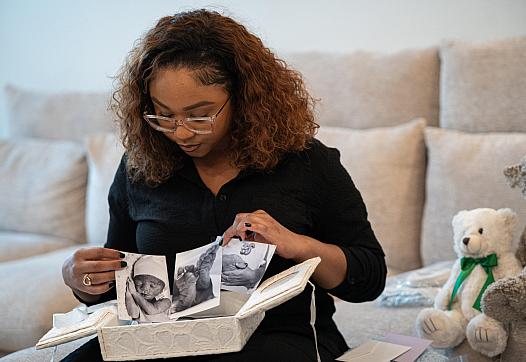
Stories of preeclampsia, ignored pain and systemic racism show how preventable failures cost Black women and babies their lives.
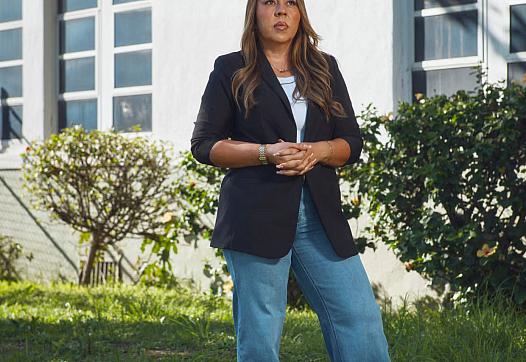
As the US faces challenges to public school funding, activists warn that more people should pay attention to what’s happened in Inglewood, California.
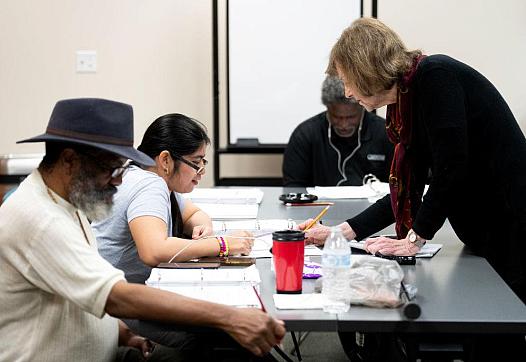
Adult literacy challenges deepen health inequities, limit opportunity and are linked to incarceration. Even so, efforts to boost literacy remain underfunded and underreported.